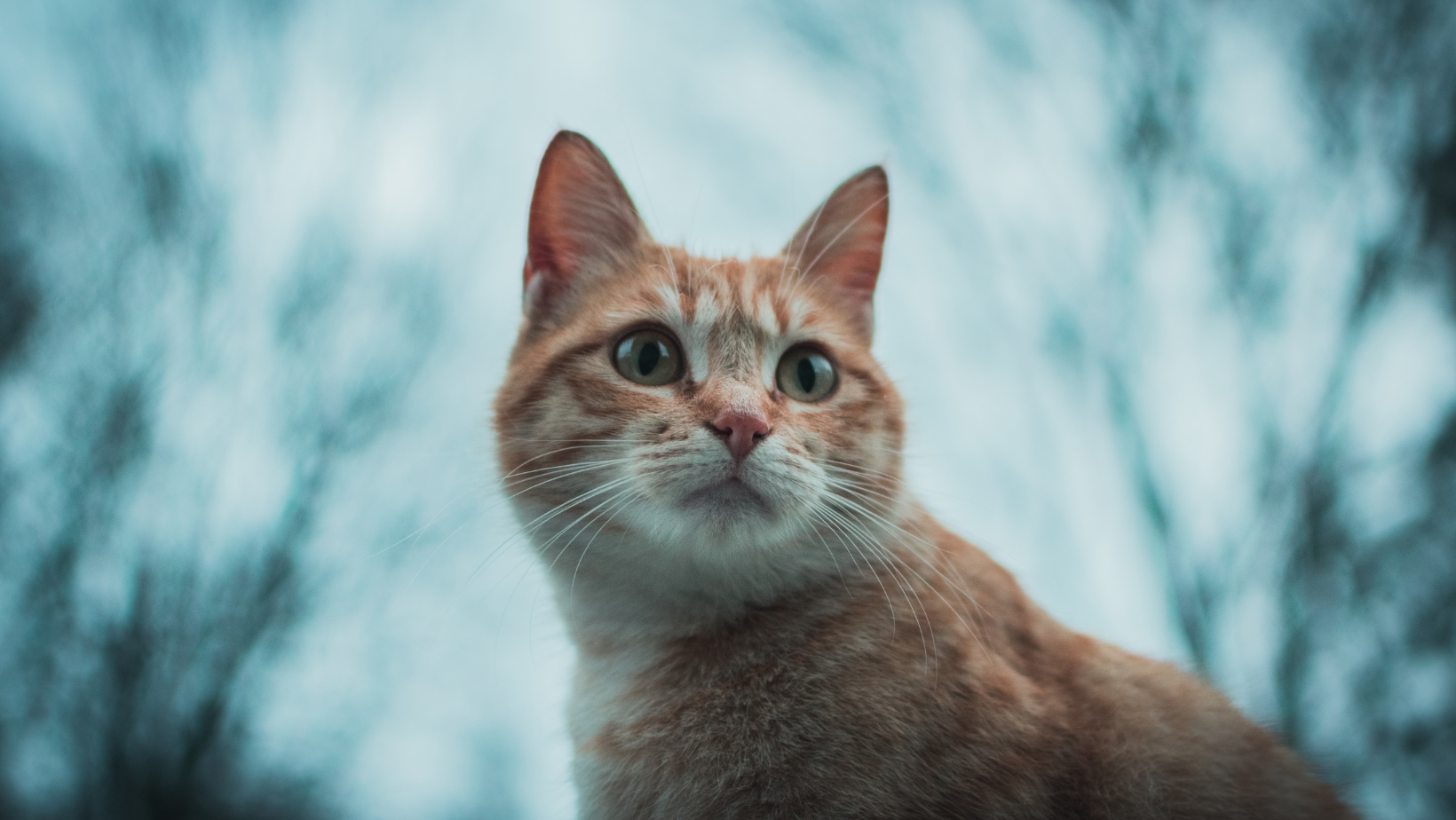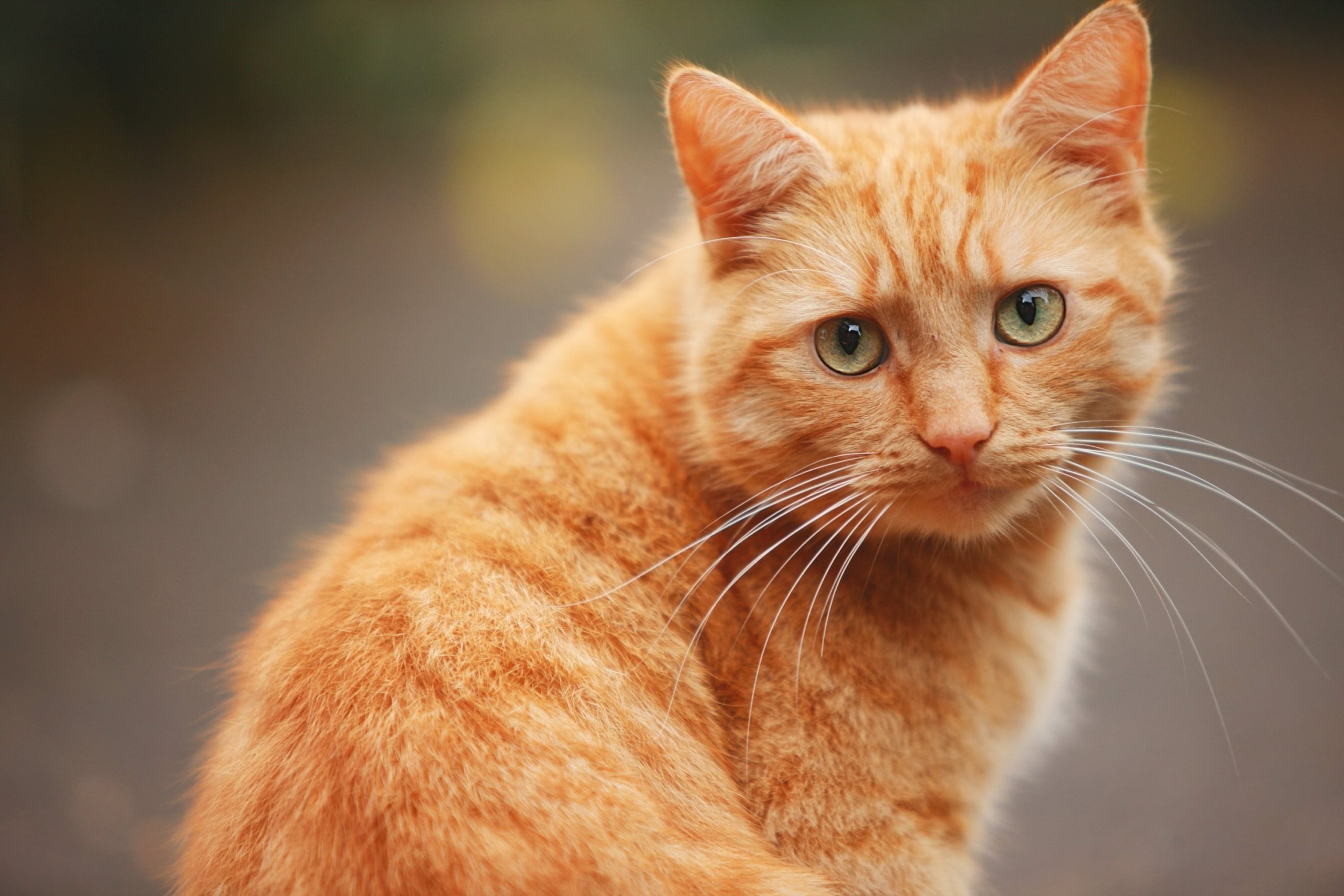How Long Do Cats Live? And How to Make Your Cat Live Longer

If you own a cat, especially a new cat, you probably worry how long your feline companion will stay with you. How many years on average do cats live?
Cats are surviving longer than ever because to advancements in nutrition and treatment. Nowadays, it’s not rare to see cats live into their 20s. That gives me hope and encouragement as a healthcare professional. My present kitties are only just beginning to enter their early teen years. However, a few of the cats I’ve known well lived into their late teens, and one was getting close to 23 when he went away.
Indoor Versus Outdoor Cats
Without first addressing the distinctions between a pet cat that lives indoors and one that does so or spends a significant amount of time outdoors unattended, it is difficult to talk about the typical lifespan of a cat. The life expectancy of these cats may be considerably less. Your cat will encounter a variety of risks when living outside that an indoor cat won’t. These dangers include poisons, infectious illnesses, weather exposure, and injury from dogs, cars, wild animals, or even humans. Some of the wild creatures that now exist even in our more metropolitan settings prey on cats that reside outside.
Buy Quality Cat Food
One of the most crucial things you can do to keep your cat healthy and ensure a long life is to provide them a high-quality, balanced, and full food. The diet must also be suitable for the age and way of life of your cat. For instance, whereas an elderly cat may need fewer calories or perhaps have health concerns that necessitate dietary limitations or additions, a kitten should be eating a diet that stimulates development. Each cat has unique dietary requirements. Additionally, it’s crucial to refrain from overfeeding your cat. Based on your cat’s age, reproductive status (i.e., neutered or spayed), health, and other variables, your veterinarian can assist you in selecting the right food for him or her.
Water Consumption is Important, Too!
Although it may not have occurred to you previously, many cats require encouragement to drink enough water. By using canned food (which has a higher moisture content than kibble), a cat water fountain, dripping faucets, or by adding water to the dry cat food, you may encourage your cat to drink more water.
Don’t Forget to Exercise
Another aspect of providing your cat a long and healthy life is keeping them trim and fit. Diabetes, heart disease, skin conditions, respiratory problems, and other illnesses are among the conditions that overweight cats are more likely to develop. Set aside some time each day to encourage your cat to play with interactive cat toys and get some exercise. Food puzzles may be used to promote fitness as well.
Considering Spaying/Neutering Your Cat (if You Haven’t Already)
Cats live longer when they are spayed or neutered. An additional advantage of spaying or neutering cats is a decreased propensity to develop bothersome or even unbearable behavioural problems like marking or spraying.
Provide Environmental Enrichment for Your Cat
All cats, especially indoor cats, require environmental enrichment. Although indoor life is safer than outside living, it might also make your cat more bored. Cat toys, perches, scratching posts, and other items that occupy the mind and ward against boredom are examples of enrichment.
Keep Your Cat’s Teeth Clean
For cats in particular, oral care is commonly neglected. However, it is crucial to take care of your cat’s mouth and teeth. Most cats over three years old already suffer from some form of dental problems. Dental problems can hurt, and they could even make it difficult for your cat to eat regularly.
Regular veterinarian treatment and at-home maintenance are both necessary for proper dental hygiene. In order to do a complete oral examination and thoroughly clean your cat’s teeth, it’s possible that your veterinarian will need to anaesthetize your cat. Cats are known to hide their pain, therefore dental issues that develop beneath the gum line in them can be painful and go untreated. Your veterinarian cannot diagnose and treat these issues to ease any tooth discomfort your cat may be feeling without anaesthetic. You may create a home care routine for your cat with the assistance of your veterinarian. This might involve using oral hygiene products like toothpaste, wipes, rinses, and others.
Regular Veterinary Visits Are Necessary
All cats need routine veterinarian appointments, not just for dental checkups but also for a full physical evaluation from head to tail. When it comes to sickness, cats are masters of concealment. Even the most attentive cat owner could miss the early warning signs of sickness. Your veterinarian, however, is qualified to examine for these indicators. The ability to do tests on your cat’s blood, urine, faeces, and other bodily fluids that you are unable to accomplish at home is another benefit of seeing your veterinarian. Plan yearly vet visits to make your cats live longer.





